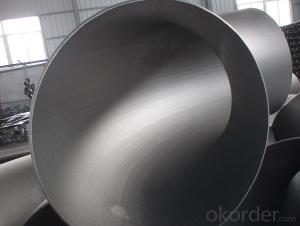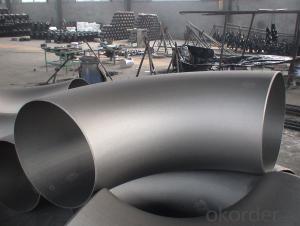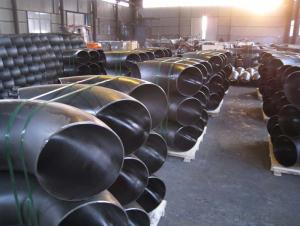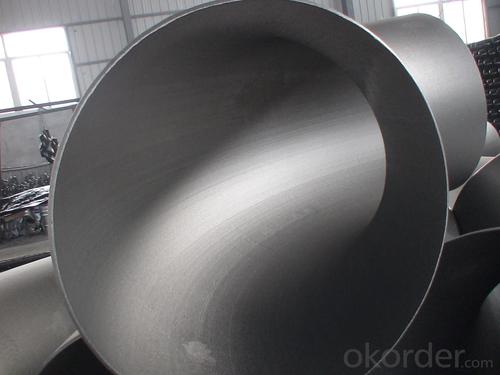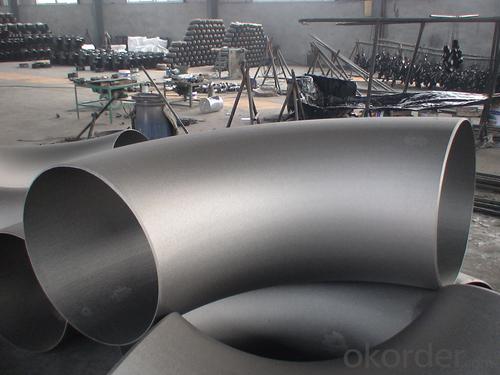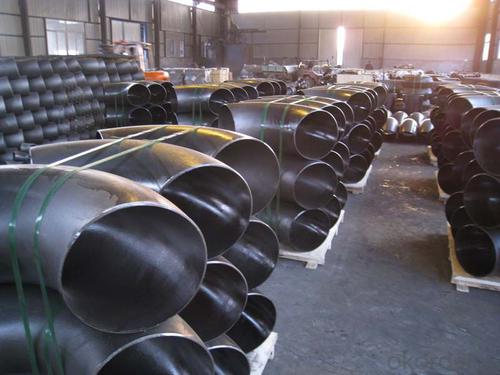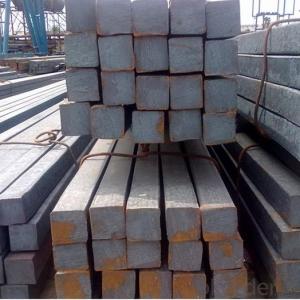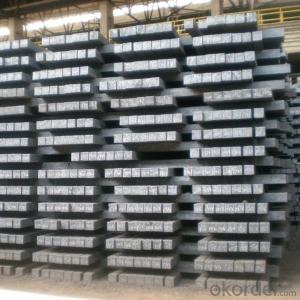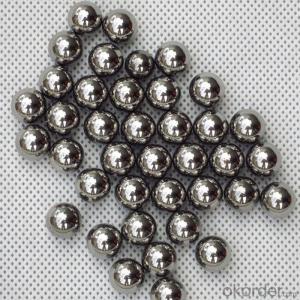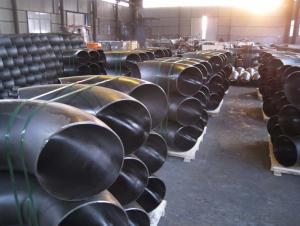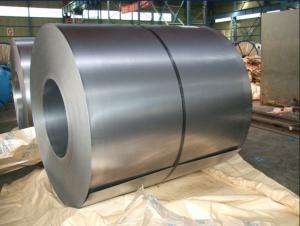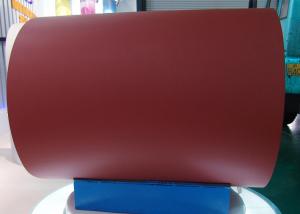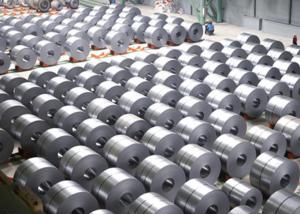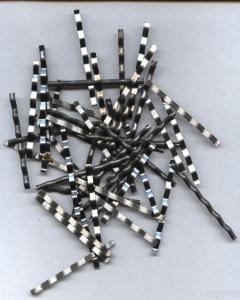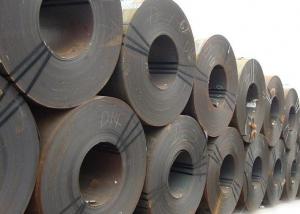Carbon steel pipe fittings ELBOW 1/2''
- Loading Port:
- China Main Port
- Payment Terms:
- TT OR LC
- Min Order Qty:
- -
- Supply Capability:
- -
OKorder Service Pledge
OKorder Financial Service
You Might Also Like
Pipe fitting is the occupation of installing or repairing piping or tubing systems that convey liquid, gas, and occasionally solid materials. This work involves selecting and preparing pipe or tubing, joining it together by various means, and the location and repair of leaks.
Pipe fitting work is done in many different settings: HVAC, manufacturing, hydraulics, refineries, nuclear-poweredSupercarriers and Fast Attack Submarinescomputer chip fab plants, power plant construction and other steam systems. Pipe fitters (sometimes called simply "fitters") are represented in the USA and Canada by the United Association of Journeymen and Apprentices of the Plumbing and Pipe Fitting Industry of the United States and Canada.
Fitters work with a variety of pipe and tubing materials including several types of steel, copper, iron, aluminium, and plastic. Pipe fitting is not plumbing; the two are related but separate trades. Pipe fitters who specialize in fire prevention are called Sprinklerfitters, another related, but separate trade.
Materials, techniques, and usages vary from country to country as different nations have different standards to install pipe.
Elbow are an English alternative rock band consisting of Guy Garvey (vocals, guitar), Richard Jupp (drums, percussion), Craig Potter (keyboards, piano), Mark Potter (guitar, backing vocals), and Pete Turner (bass guitar, backing vocals). They have played together since 1990, adopting the Elbow band name in 1997, and have released six studio albums: Asleep in the Back (2001), Cast of Thousands (2003), Leaders of the Free World (2005), The Seldom Seen Kid (2008), Build a Rocket Boys! (2011), and The Take Off and Landing of Everything (2014). All of their studio albums, as well as B-sides compilation Dead in the Boot (2012), have placed in the top 15 of the British album chart and seven of their singles have placed in the top 40 of the British singles chart.
In 2008 Elbow won the Mercury Music Prize for their album The Seldom Seen Kid, and in 2009 they won the Brit Award for Best British Group In 2012 they released "First Steps", the BBC theme for the 2012 London Olympics
Specifications
Standard: ASTM A234 WPB, JIS, DIN, EN, GOST
Use for Oil, Gas, Subwatering act.
45/90/180 degree, LR/SR Elbow
ASTM A234 WPB ELBOW :
| ||||||||
| we are manufacturer for carbon steel pipe and fittings,like 45deg,90deg,180deg,L/R OR S/R,bend , | ||||||||
| equal or reducing tee, CON reducer, ECC reducer, pipe cap,flange. | ||||||||
| CON AND ECC REDUCER: CARBON STEEL,STAINLESS,STELL,ALLOY STEEL | ||||||||
| NOMINAL DIAMETER | BIG OD1 | SMALL OD2 | HEIGHT(MM) | |||||
| MM | SERIES A | SERIES B | SERIES A | SERIES B | 51-711 | |||
| 25*15--1500*1400 | 33.7-1524 | 32-1520 | 21.3-1420 | 18-1420 | ||||
| MATERIAL: A234WPB,A283,A105,A53,A106,API5L | ||||||||
| STANDARD: ASTM/ANSI,DIN,ISO,GB,JIS,BS ,GOST | ||||||||
| OTHERS: | ||||||||
| 1. Special design available according to requirement | ||||||||
| 2. All the production process are made under the ISO 9001:2000 strictly. | ||||||||
- Q: What are the uses of steel wire mesh in geotechnical engineering?
- Steel wire mesh is commonly used in geotechnical engineering for various purposes. It is frequently employed for reinforcing soil and preventing erosion, providing stability to slopes and retaining walls. Steel wire mesh also plays a crucial role in reinforcing concrete structures, such as foundations, tunnels, and retaining walls, enhancing their strength and durability. Additionally, it can be used for reinforcing asphalt pavements, preventing cracks and extending the lifespan of roads and highways.
- Q: What are the different types of steel forgings and their applications in the oil and gas industry?
- There are several types of steel forgings commonly used in the oil and gas industry. These include open die forgings, closed die forgings, and rolled ring forgings. Open die forgings are typically used for large and complex shapes, such as pressure vessels and wellhead components. They offer excellent strength and durability, making them suitable for various applications in the oil and gas industry. Closed die forgings, also known as impression die forgings, are used for smaller, intricate components like valves, fittings, and flanges. They provide superior dimensional accuracy and precise control over the final shape, making them ideal for critical parts in the oil and gas sector. Rolled ring forgings are commonly used for seamless rings, such as bearing races, gears, and flanges. They offer exceptional strength and fatigue resistance, making them suitable for high-pressure applications in the oil and gas industry. Overall, steel forgings play a crucial role in the oil and gas industry, providing robust and reliable components that can withstand harsh operating conditions, high pressures, and extreme temperatures.
- Q: How is steel bar reinforcement used in concrete structures?
- Steel bar reinforcement is used in concrete structures to enhance their strength and durability. The steel bars, also known as rebars, are embedded within the concrete to provide resistance against tension and prevent cracking. This reinforcement technique helps the concrete withstand various forces, such as bending, shearing, and compression, ultimately increasing its load-bearing capacity and structural integrity.
- Q: How is steel pipe coated for underground gas pipelines?
- Steel pipe for underground gas pipelines is coated using a process called fusion bonded epoxy coating. This involves preheating the pipe, applying an epoxy powder to it, and then heating it again to create a strong bond. This coating provides corrosion protection and helps to ensure the longevity and safety of the pipeline.
- Q: What are the advantages of using steel products in construction?
- There are several advantages of using steel products in construction. Firstly, steel is incredibly strong and durable, making it perfect for supporting heavy loads and withstanding harsh weather conditions. Secondly, steel is a versatile material that can be molded into various shapes and sizes, allowing for flexibility in design and construction. Additionally, steel is fire-resistant, which enhances the safety of the structure. Moreover, steel is recyclable, making it an environmentally friendly choice. Lastly, using steel products in construction can lead to faster construction times and reduced labor costs due to its prefabrication capabilities.
- Q: What are the different types of steel products used in the manufacturing of medical equipment?
- There are several types of steel products used in the manufacturing of medical equipment, including stainless steel, carbon steel, and alloy steel. Stainless steel is commonly used due to its corrosion resistance and ability to withstand sterilization processes. Carbon steel is often used for structural components, while alloy steel is utilized for its strength and durability in specialized applications.
- Q: How is steel used in the manufacturing of kitchen utensils?
- Steel is commonly used in the manufacturing of kitchen utensils due to its strength, durability, and resistance to corrosion. It is used to make various utensils such as knives, spoons, forks, and cookware. The versatility of steel allows for the production of sharp and long-lasting cutting edges, sturdy handles, and easy-to-clean surfaces, making it an ideal material for kitchen utensils.
- Q: How is steel used in the manufacturing of elevators and escalators?
- Steel is used extensively in the manufacturing of elevators and escalators due to its strength, durability, and ability to withstand heavy loads. It is commonly used for the framework, support structures, and guide rails, ensuring the safety and stability of these transportation systems. Additionally, steel is also used for the construction of doors, panels, and other components, providing a robust and reliable solution for the manufacturing of elevators and escalators.
- Q: How do steel products contribute to the retail and commercial sector?
- Steel products contribute to the retail and commercial sector by providing durable and versatile materials for construction, manufacturing, and display purposes. From steel shelving units and storage racks to shop fittings and display stands, these products offer strength, stability, and longevity, ensuring the efficient organization and presentation of merchandise in retail stores. Additionally, steel is commonly used in commercial buildings, such as malls and office complexes, for its structural integrity, fire resistance, and aesthetic appeal. Overall, steel products are essential in enhancing the functionality, safety, and visual appeal of retail and commercial spaces.
- Q: How is steel used in the construction of infrastructure projects like roads and bridges?
- Steel is commonly used in the construction of infrastructure projects like roads and bridges due to its strength, durability, and versatility. It is utilized for reinforcing concrete structures, such as bridges and highway overpasses, providing the necessary support to withstand heavy loads and traffic. Steel is also used in the fabrication of beams, columns, and other structural elements, ensuring the stability and integrity of the overall infrastructure. With its resistance to corrosion and ability to withstand extreme weather conditions, steel plays a crucial role in enhancing the longevity and safety of roads and bridges.
Send your message to us
Carbon steel pipe fittings ELBOW 1/2''
- Loading Port:
- China Main Port
- Payment Terms:
- TT OR LC
- Min Order Qty:
- -
- Supply Capability:
- -
OKorder Service Pledge
OKorder Financial Service
Similar products
Hot products
Hot Searches
Related keywords
